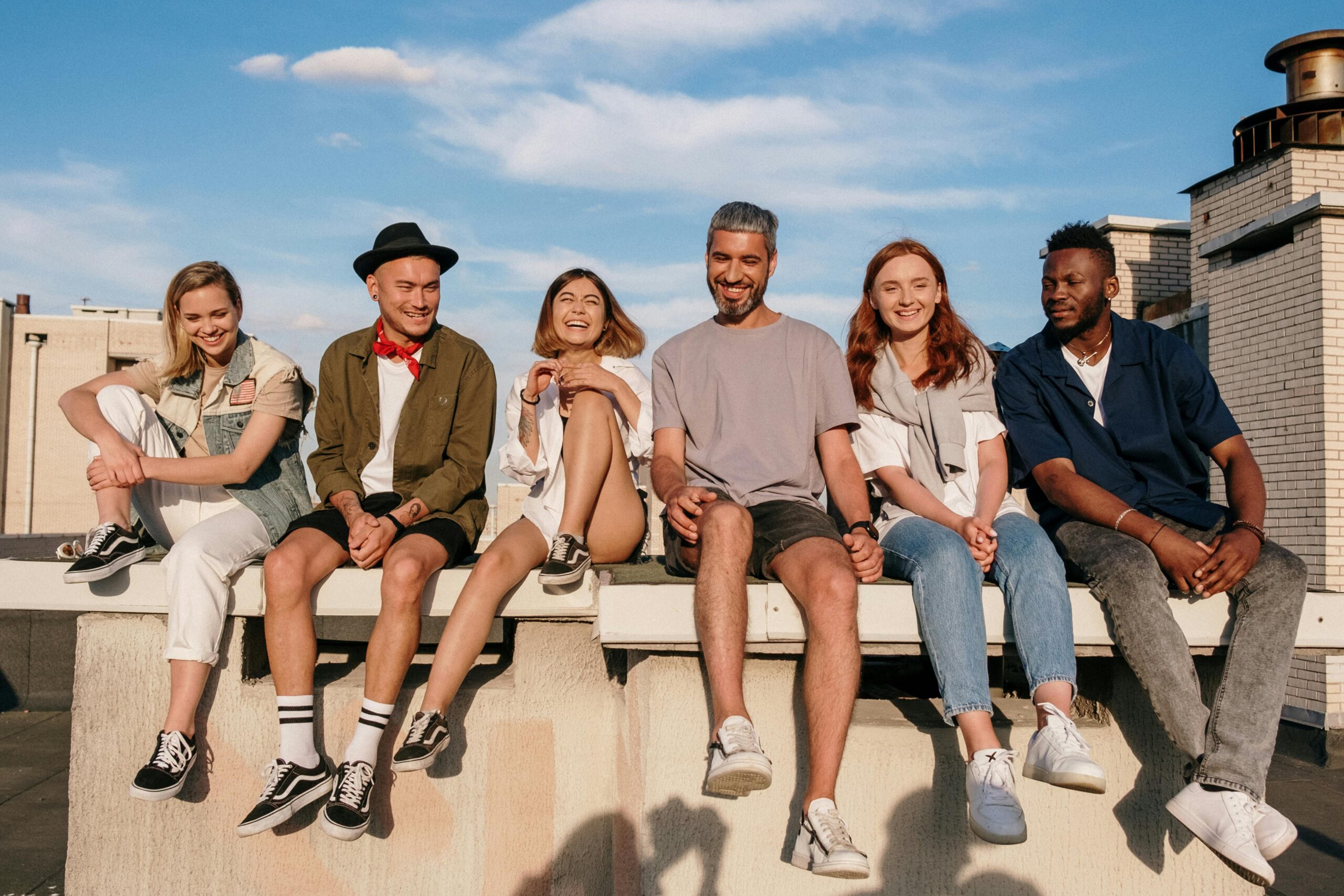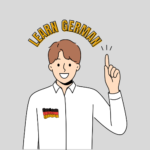Moving to a new country can be both exciting and challenging. While exploring new places and experiencing different cultures is thrilling, it can also feel isolating without a familiar support network. If you’re new to Germany, building a community is essential for a smooth transition and fulfilling experience. This guide will provide you with practical tips on how to meet people, make friends, and establish a support network in Germany.
1. Learn the Language
Language Classes: Enroll in German language courses offered by local community centers, universities, or private language schools. Not only will this improve your communication skills, but it will also provide opportunities to meet other newcomers and locals. Goethe-Institut and Volkshochschule are two well-known institutions offering comprehensive language programs.
Language Exchange Programs: Participate in language exchange programs where you can practice German with native speakers while helping them learn your language. Websites like Tandem, Meetup, and local community boards often advertise these exchanges. These programs often involve regular meet-ups in cafes or public spaces, fostering both language skills and friendships.
Language Apps: Use language learning apps like Duolingo, Babbel, and Rosetta Stone to supplement your learning. These apps offer interactive lessons and community features where you can practice with other learners. Joining online language forums can also be helpful.
2. Join Local Clubs and Organizations
Sports Clubs (Vereine): Germany has a strong sports culture with numerous clubs for soccer, tennis, swimming, and more. Joining a local sports club (Verein) is a great way to stay active and meet people with similar interests. Whether you’re a professional athlete or a casual jogger, there’s a club for you. Websites like Vereinsnetzwerk can help you find clubs in your area.
Hobby Groups: From cooking and gardening to photography and hiking, there are hobby groups for almost every interest. Look for these groups on social media platforms, community centers, or websites like Meetup. These groups often organize regular events, workshops, and outings.
Volunteer Opportunities: Volunteering is an excellent way to give back to the community and meet like-minded individuals. Check out local volunteer organizations or platforms like Volunteer World to find opportunities in your area. Volunteering at local events, schools, or non-profits can provide a sense of purpose and connection.
Cultural Organizations: Germany is home to numerous cultural organizations and societies. Joining organizations such as Goethe-Institut, DAAD (German Academic Exchange Service), or local cultural societies can provide insights into German culture and help you meet people with similar interests.
3. Attend Social Events and Meetups
Local Festivals and Events: Germany hosts a variety of local festivals, markets, and cultural events throughout the year. Participating in these events is a fun way to experience local traditions and meet new people. Popular events include Oktoberfest in Munich, Christmas markets, and regional fairs. Attending these events not only enriches your cultural experience but also provides a relaxed setting to meet locals.
Expat Meetups: Join expat groups and attend meetups specifically designed for expatriates. These groups often organize social events, cultural outings, and networking opportunities, making it easier to connect with other internationals. Platforms like InterNations are dedicated to helping expatriates connect and share experiences.
Music and Art Festivals: Germany is known for its vibrant music and art scene. Attending music festivals like Rock am Ring, Wacken Open Air, or art exhibitions in cities like Berlin and Hamburg can be a great way to meet people who share your interests.
4. Leverage Online Platforms
Social Media Groups: Join Facebook groups or other social media communities for expatriates living in Germany. These groups are valuable resources for advice, social events, and meeting people in your area. Examples include „Expats in Berlin“ or „Americans in Munich“.
Expat Websites: Websites like InterNations and Expatica offer forums, events, and resources for expatriates. These platforms can help you connect with others who are going through similar experiences. They also provide valuable information about living in Germany, from housing to healthcare.
Dating Apps: If you’re open to it, dating apps like Tinder, Bumble, and OkCupid can be useful not just for dating but also for meeting new people and making friends. Many expats use these apps to expand their social circles.
5. Connect Through Work and Education
Professional Networks: If you’re working in Germany, take advantage of networking events, company outings, and after-work social gatherings. Building relationships with your colleagues can lead to meaningful friendships and a support network. Attend industry conferences, seminars, and trade fairs to broaden your professional network.
Universities and Courses: If you’re studying or taking courses in Germany, engage in campus activities, join student organizations, and participate in social events. Universities often have international student offices that organize events and provide support. Joining study groups or participating in campus clubs can also help you meet fellow students.
Professional Associations: Join professional associations related to your field of work. These organizations often host events, seminars, and networking opportunities that can help you meet others in your industry.
6. Utilize Community Centers and Libraries
Community Centers: Local community centers often host a variety of activities, classes, and events that are open to the public. These centers are great places to meet locals and get involved in the community. They may offer everything from fitness classes to cultural workshops.
Libraries: Public libraries in Germany are not just for borrowing books. They often host workshops, language cafes, and cultural events where you can meet new people. Libraries like the Berlin State Library and Munich Public Library are hubs for community activities and events.
Adult Education Centers (Volkshochschule): These centers offer a wide range of courses, from language and cooking classes to art and technology. Enrolling in a course can help you learn new skills and meet people with similar interests.
7. Foster Relationships with Neighbors
Neighborhood Gatherings: Attend neighborhood events or gatherings such as street festivals, block parties, or local clean-up days. These events provide a casual environment to get to know your neighbors. Joining neighborhood watch groups or local community boards can also help you stay connected.
Friendly Gestures: Small gestures like greeting your neighbors, offering help, or sharing homemade treats can go a long way in building rapport and friendships. Inviting neighbors over for coffee or a meal can be a great way to break the ice.
Local Businesses: Frequenting local cafes, shops, and markets can help you become a familiar face in your neighborhood. Engaging with shop owners and staff can lead to friendly interactions and connections.
8. Stay Open and Patient
Building a community takes time and effort. Stay open-minded, patient, and proactive in seeking out opportunities to meet new people. Remember that forming meaningful connections doesn’t happen overnight, but with persistence and a positive attitude, you’ll gradually build a supportive network. Don’t be afraid to step out of your comfort zone and initiate conversations.
Attend Workshops and Seminars: Look for workshops and seminars related to your hobbies or professional interests. These events are great places to meet like-minded individuals and expand your network.
Explore New Areas: Take the time to explore different neighborhoods and cities in Germany. Traveling within the country can provide opportunities to meet new people and discover communities that resonate with you.
Conclusion
Finding community in Germany is an essential part of making your new country feel like home. By learning the language, joining clubs, attending social events, leveraging online platforms, connecting through work and education, utilizing community centers, fostering relationships with neighbors, and staying open and patient, you’ll be well on your way to creating a strong and supportive network. Embrace the journey, and soon enough, you’ll find yourself surrounded by friends and a community that makes your life in Germany enriching and enjoyable.


